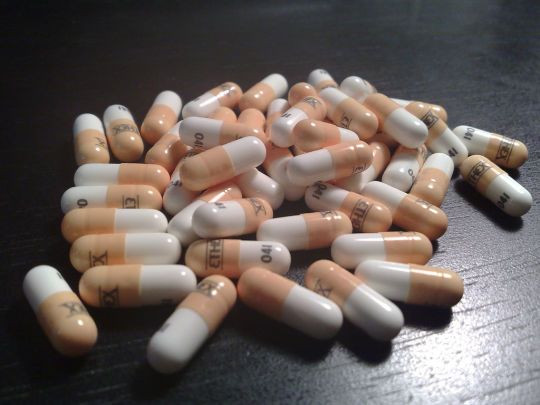Neurologists Advise Against Doctors Prescribing ADHD Medications To Children

ADHD medications such as Adderall and Ritalin have become popular among students as "study drugs." However, there's a lot physicians and patients don't know about the unnecessary use of these prescriptions.
In 2008, the Centers for Disease Control and Prevention estimated that approximately three million kids were prescribed some kind of ADHD medication in the United States. That makes it the most prescribed medication in the country.
The American Academy of Neurology has published a position paper discouraging doctors from prescribing these mind-enhancing drugs to students for the sole purpose of helping them concentrate on schoolwork. MD, of Yale University in New Haven, Conn. and Member of the American Academy of Neurology, William Graf says this practice "is not justifiable."
"Doctors caring for children and teens have a professional obligation to always protect the best interests of the child, to protect vulnerable populations, and prevent the misuse of medication," said Graf.
A press release issued by the AAN gives a number of explanations as to why physicians shouldn't over prescribe these "neuroenhancements." This includes the fact that long term tests on the health side effects these medications can have on children have not been fully investigated.
Drugs like Adderall and other amphetamines have been categorized as Schedule II narcotics, which puts them in the same class as Oxycontin and morphine. Side effects related to these medications can range from insomnia to a spike in blood pressure, irregular heartbeat and even seizures, NPR reported.
Graf went on to say: ""The physician should talk to the child about the request, as it may reflect other medical, social or psychological motivations such as anxiety, depression or insomnia. There are alternatives to neuroenhancements available, including maintaining good sleep, nutrition, study habits and exercise regimens."
The full statement can be found in the online issue of Neurology.
Published by Medicaldaily.com



























